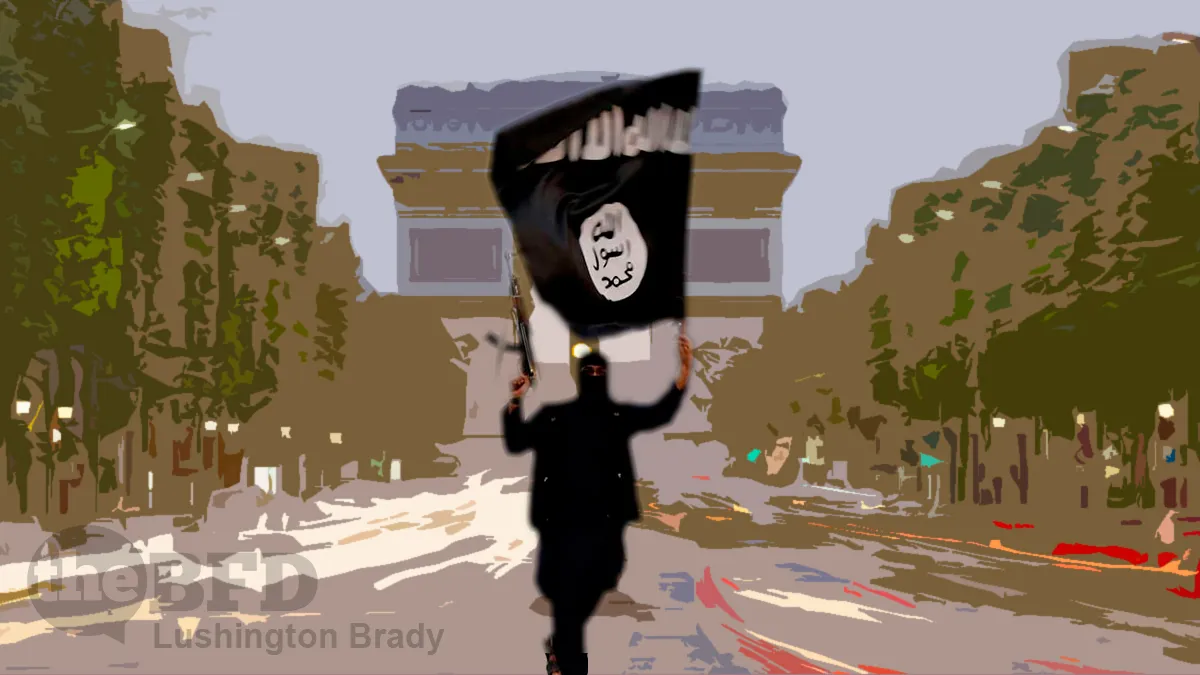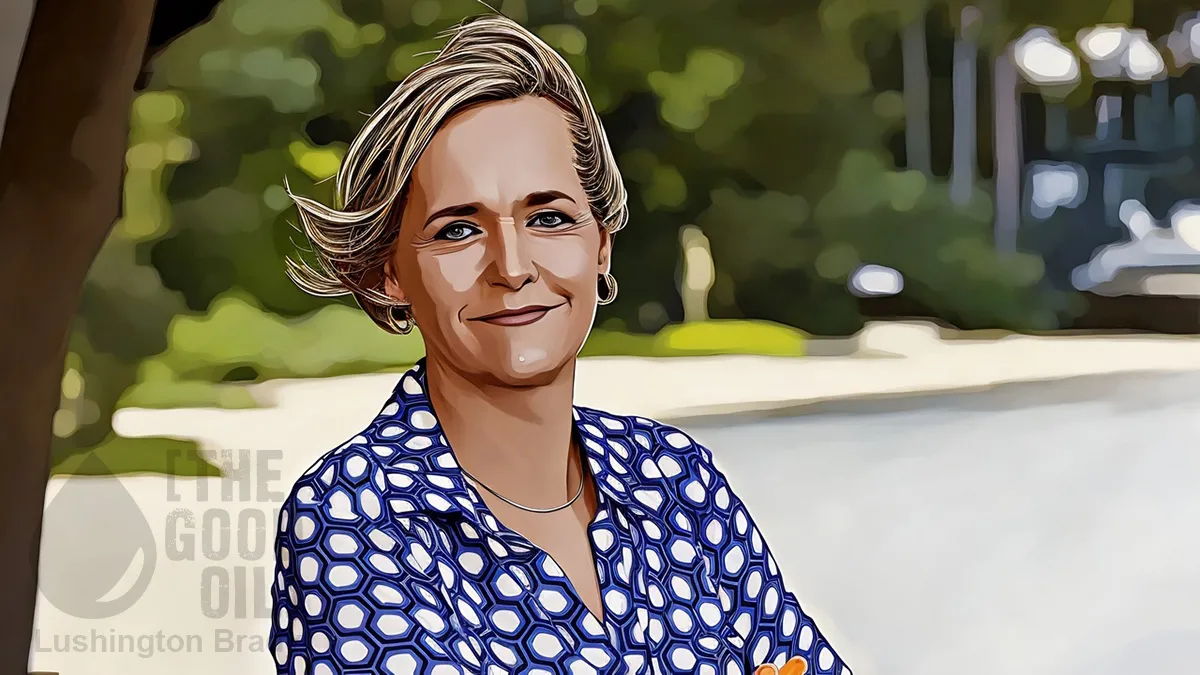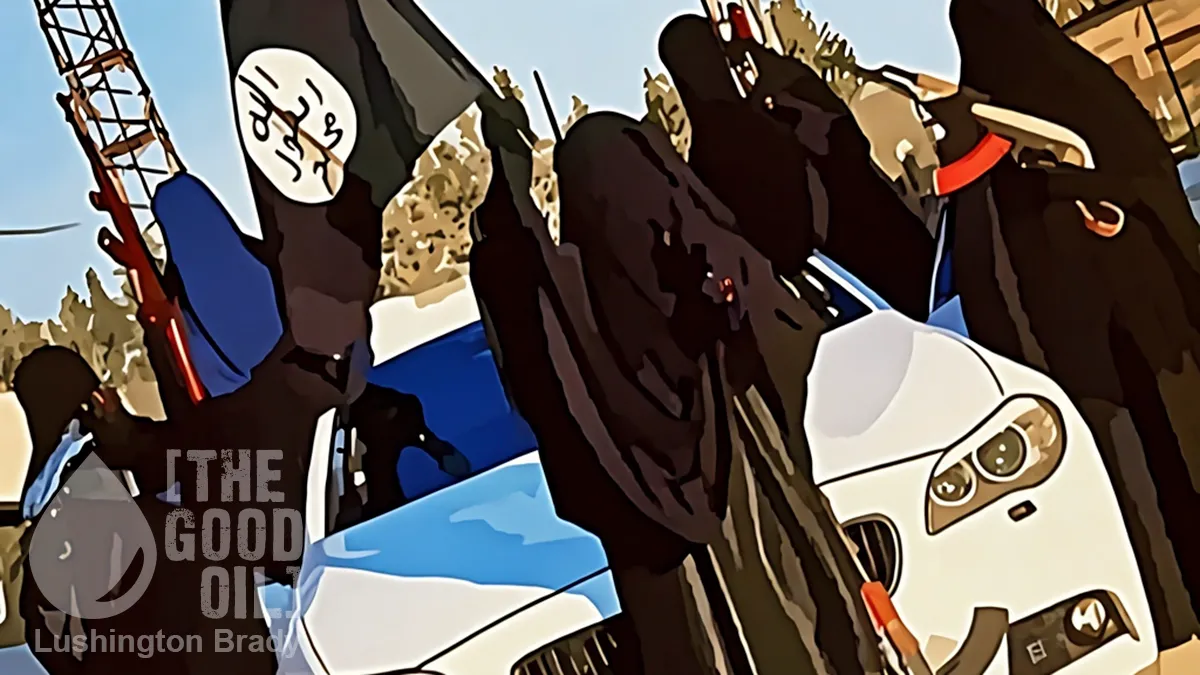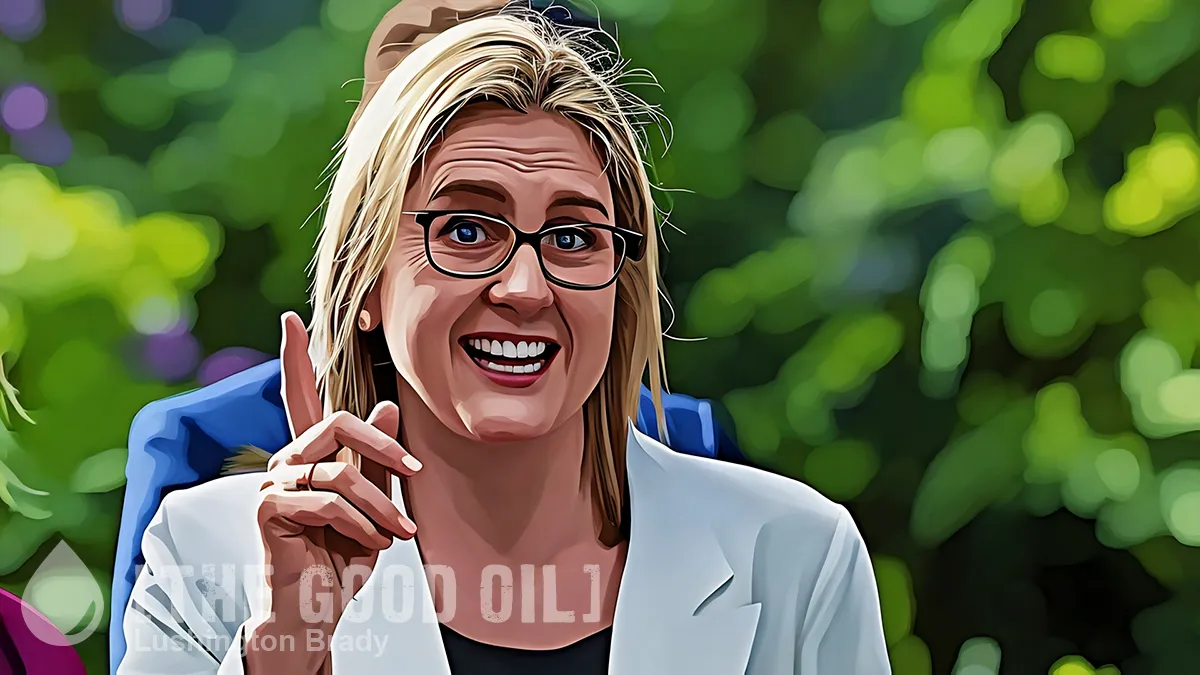Table of Contents
When Australia’s intelligence chief, ASIO Director-General Mike Burgess announced that ASIO would no longer use such “stigmatising” terms as “Islamist extremism”, it provoked a storm of disbelief and derision. This announcement came just a week after it was revealed that ABC management had instructed reporters not to refer to convicted child sex abusers as “paedophiles”, because that likewise “stigmatised” child molesters.
But it’s a measure of just how far we’ve disappeared down an Orwellian rabbit hole where plain speaking is criminalised as “hate” that even critics of ASIO’s soft-soaping political correctness are themselves double-speaking nonsense. Writing that “to strip language of accuracy is a form of censorship”, Jennifer Oriel in The Australian proceeds to do just that.
Islamism is a well-defined term. It is also a vitally important term for both intelligence analysts and peaceful Muslims because when used properly it results in a working distinction between the religious practice of Islam and the political movement of Islamism.
Which might beg the question: does such a distinction exist? Unlike, say, Christianity, Islam has no doctrinal basis for separation of church and state. In fact, Islam asserts that the “church” is the state. Islam is clear that man-made laws cannot trump divine law as revealed in Islamic scripture. For all its history, Islamic states have put this prescription into practice. The few “secular” Islamic states, such as Turkey or Pakistan are very much the exception – and both fast fading into standard Islamic theocracies.
“Islamism” is, then, a false dichotomy.
An overview of Maajid Nawaz’s “four core elements of Islamism” shows that they are practically indistinguishable from orthodox Islam.
First, Islamists believe their faith is a political ideology. Second, they believe the sharia religious code “must become state law”. The Islamist model of state is theocratic. Third, Islamists identify with a global community known as the Ummah. Fourth, they believe they should be represented by a global governing body or caliphate that Nawaz likens to the Soviet bloc governance model. To describe political phenomena in such clear terms improves reasoning and public debate. Burgess’ contention that intelligence is improved by less specificity makes little sense. He could argue that Australian terrorism is no longer predominantly Islamist, but it would require at a minimum quantitative data on planned terrorist attacks and terrorist incidents.
On the topic of, say, sharia as state law: that is a view supported by most Muslims in the world, including significant numbers in the West. 46% of French Muslims think that the state should adopt Sharia principles. 40% of American Muslims “believe they should not be judged by U.S. law and the Constitution, but by Shariah”. 62% of Canadian Muslims want the country to adopt Sharia. The belief that the Koran is the literal word of Allah and that Sharia is “a perfect legal system” is “common” among British Muslims.
Remember, these are the views of Muslims in the West. In the Islamic world, belief in the supremacy of Sharia is near-universal.
The concept of an Ummah – the global Islamic community – is also bog-standard Islamic doctrine. As regards a caliphate, around a quarter of Australian Muslims support the notion. That’s in a (relatively) integrated, secular nation.
So, the distinction Islamism/Islam might better be seen as a false dichotomy that does nothing but obscure the threat that Islam inherently poses to secular, liberal democracy.
On the subject of “ideologically-motivated extremism”, ASIO might seem to be on firmer ground.
After all, when “right-wing” is used as a pejorative in itself, and “far-right” is routinely used to denigrate everyone slightly to the right of Marx, “far-right extremism” might justifiably be seen as useless. Then there is the fact that the supposedly paradigmatic “far-right”, the Nazis, seem hardly distinguishable from the “far-left”. On doctrinal points, they had almost everything in common; the Nazis’ only grimly distinguishable difference was that their genocidal obsessions were racist rather than classist.
And how does one describe loonies like the Order of the Nine Angels? Closer to home, what about self-described “eco-fascists”?
There is also the suspicion that “ideologically-motivated terrorism” might be used to conveniently obscure left-wing terrorism. As we have seen, even when an ardent LGBT activist drives a car-bomb into the headquarters of a prominent Christian lobby group, Australia’s security agents won’t even describe it as an act of terrorism, let alone “left-wing terrorism”.
To prevent terrorism, we must first identify it in accurate and specific terms.
The Australian
Indeed. So, why are even ASIO’s critics dancing around the uncomfortable truth and calling a spade a “rectangular manual earth-moving apparatus”?
Please share this article so that others can discover The BFD









